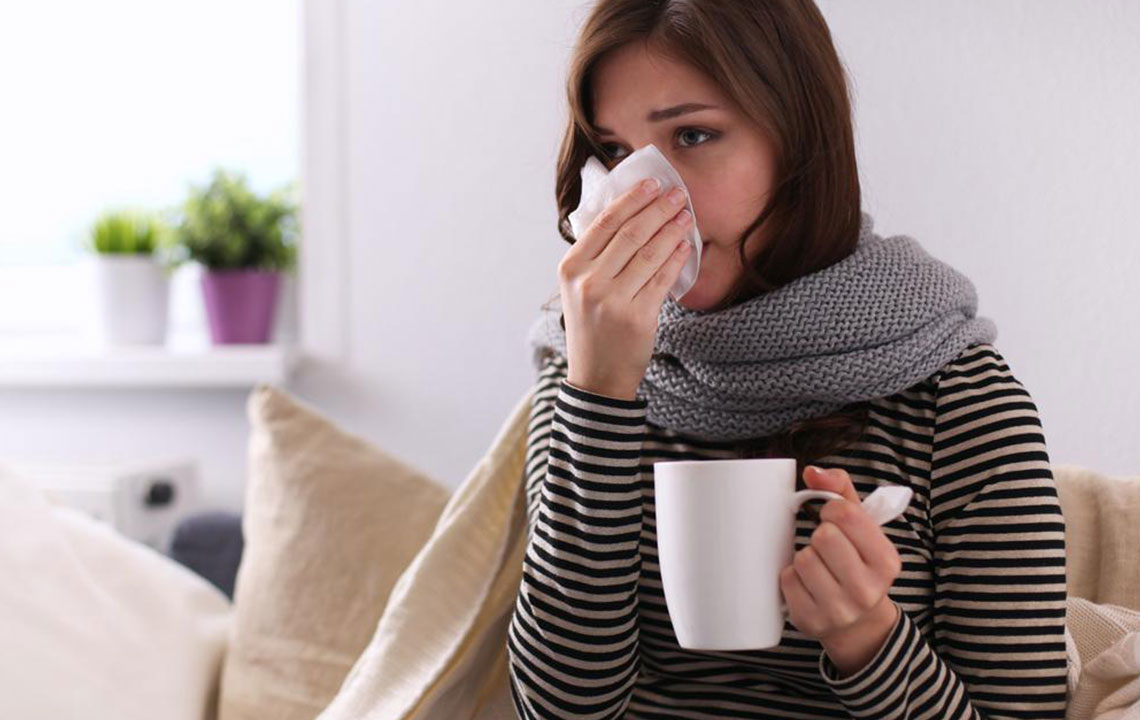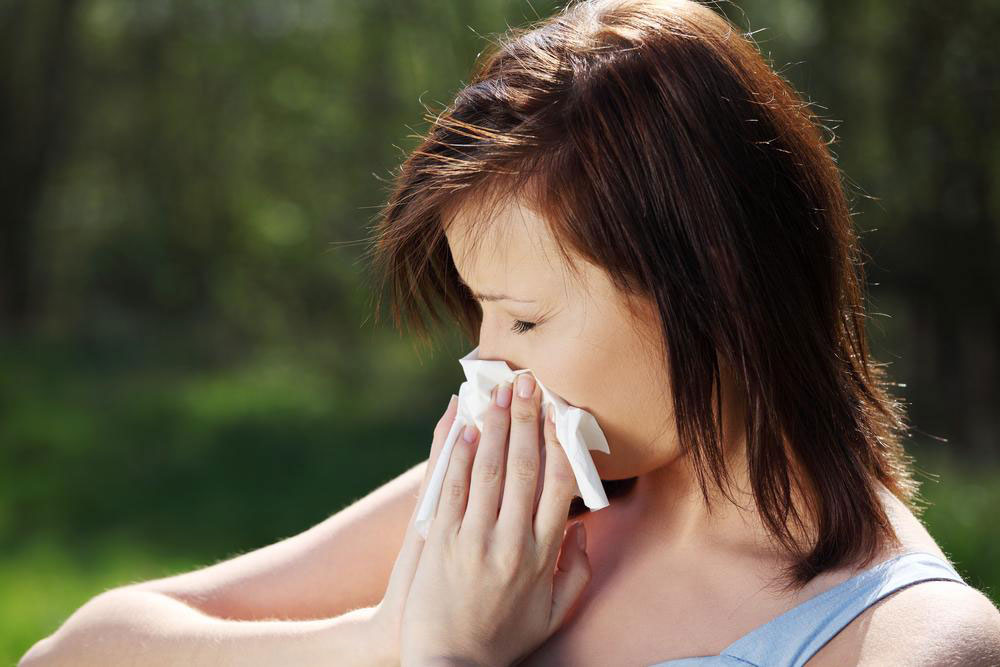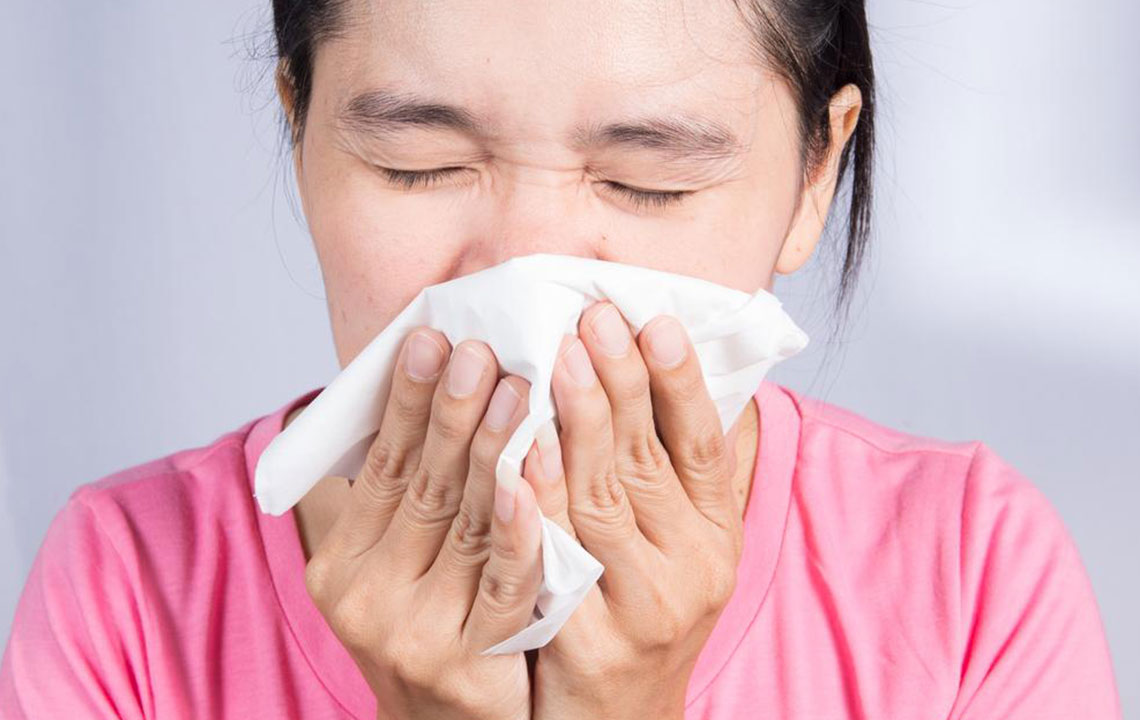Comprehensive Guide to Effective Sinus Relief Medications
Explore effective sinus relief options, from natural remedies like steam inhalation and saline rinses to OTC medications and professional treatments. Early diagnosis and proper care can alleviate symptoms and prevent complications associated with sinus infections. Consult your healthcare provider for personalized advice or persistent symptoms.

Comprehensive Guide to Effective Sinus Relief Medications
Understanding the Best Medications for Sinus Relief
The sinuses are air-filled cavities within the skull surrounding the nose. Sinusitis arises when these cavities become inflamed or infected, leading to mucus buildup and nasal congestion. Swelling in the nasal passages causes pain and pressure. Allergic reactions and nasal issues can also trigger both acute and chronic sinus infections.
Types of Sinusitis
Sinus conditions are mainly classified into three categories: acute, chronic, and recurrent.
• Acute
Symptoms lasting nearly three weeks indicate acute sinusitis.
• Chronic
Persistent sinus issues that last longer often result from untreated infections, allergies, or fungal growth. Chronic sinusitis can cause frequent headaches, mucus production, and nasal blockages.
• Recurrent
This type occurs sporadically, with repeated episodes over time.
Common Causes of Sinus Issues
Unmanaged allergies are primary contributors to sinus problems. Bacterial growth in nasal passages, inhaled airborne bacteria, and mucus entrapment cause irritation. Structural abnormalities blocking mucus drainage and fungal infections also play roles.
Effective early treatment can often resolve sinus infections. Viral sinusitis typically doesn’t respond to antibiotics. Fungal sinusitis may require antifungal treatment or surgery. Many natural remedies can alleviate symptoms, and medical consultation is advised for persistent issues.
Natural Sinus Relief Tips
Clear nasal passages
Use saline sprays or neti pots to rinse mucus and keep sinuses moist.
Consume bromelain
This enzyme, found in pineapples, reduces nasal swelling—consult your doctor before use.
Inhale steam
Hot vapor from showers or steaming bowls soothes sinuses and loosens mucus.
Stay hydrated
Drink plenty of water, avoiding caffeine to prevent dehydration.
Eat spicy foods
Mustard, hot peppers, and curry help open nasal passages.
Optimize home environment
Reduce dust, use air filters, and keep bedding clean to minimize allergy triggers.
Use humidifiers
Maintain moisture in the air, ensuring devices are clean.
Apply warm compresses
Use warm cloths over sinuses to promote drainage and comfort.
Limit antibiotics initially
Wait before using antibiotics; consult your doctor for proper guidance.
Most Effective Sinus Medications
Over-the-counter options can assist in managing symptoms:
Antibiotics for bacterial infections
Medications like amoxicillin target bacterial sinus infections. Complete the full course as prescribed to prevent resistance.
Pain relievers
Use as directed to ease facial pain and pressure, following label instructions carefully.
Decongestant sprays and liquids
Nasal sprays (decongestants and steroids) and oral medications can reduce swelling and clear nasal passages. Use cautiously to avoid overuse.
Mucolytics like Guaifenesin
Help thin mucus and promote drainage—verify over-the-counter safety before use.
Doctor-prescribed treatments
Persistent or complicated cases might require imaging scans or surgical intervention. Consulting an ENT specialist is recommended when experiencing severe symptoms like persistent headaches or nasal blockages.










